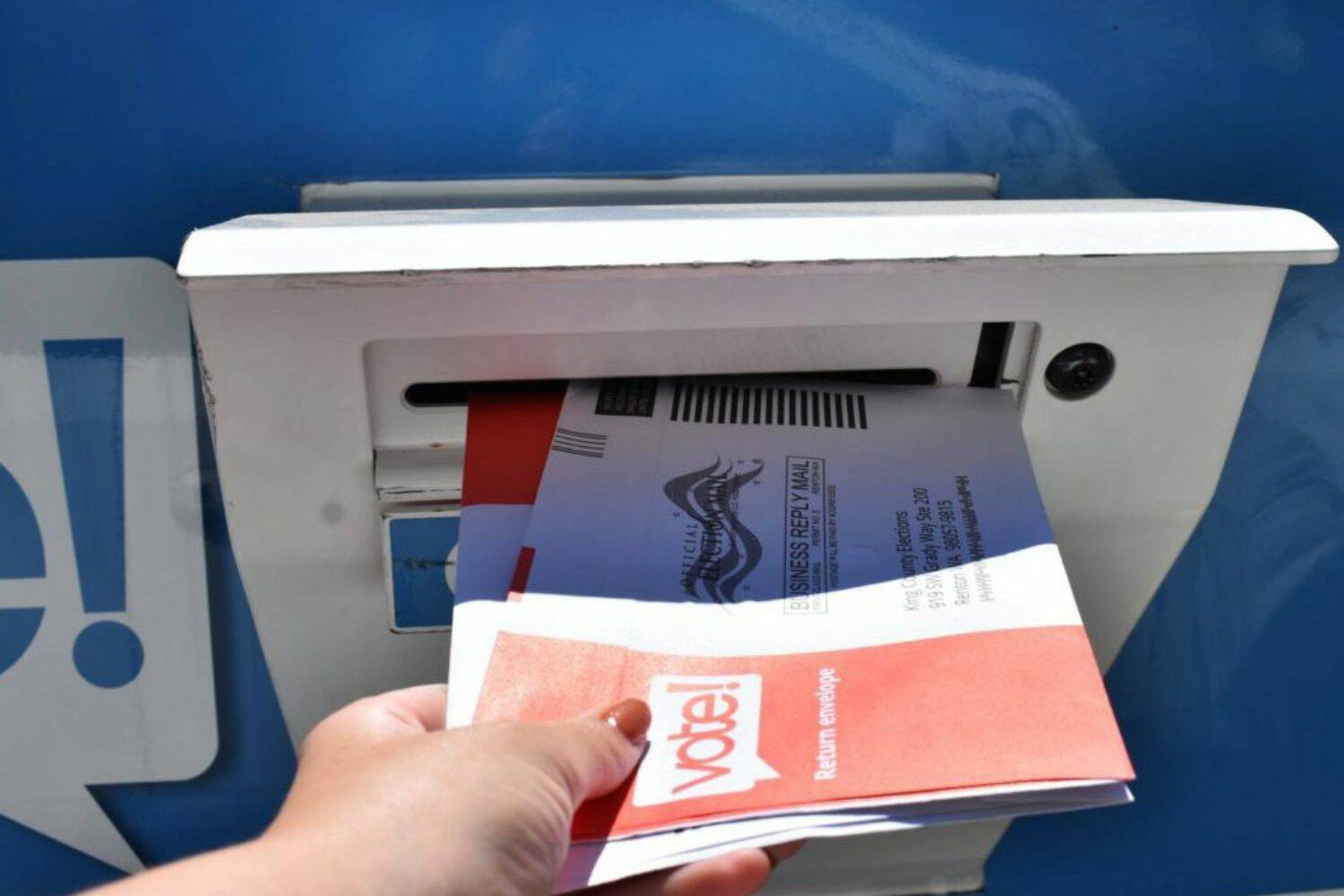Updated based on vote counts reported on Aug. 4
Early results of the Aug. 1 primary elections show King County voters approving the Veterans, Seniors and Human Services Levy.
With 412,413 votes counted (29.85% of registered voters), 288,400 (71.59%) were in favor of Proposition 1, while 114,476 (28.41%) were opposed.
If it passes, Proposition 1 would authorize an additional six-year property tax levy for collection beginning in 2024 at $0.10 per $1,000 of assessed valuation, with the 2024 levy amount being the base for calculating annual increases by 3.5% in 2025-2029.
According to the county, the levy would fund capital facilities and services for veterans, servicemembers, and their families; seniors and caregivers; and communities susceptible to reduced health, housing, financial, or social stability outcomes.
According to King County, the levy has funded a wide range of programs that connect veterans, military service members and their families, as well as individuals and families in need with affordable housing, employment, behavioral health treatment, and other services since 2006. In 2017, voters approved the Veterans, Seniors and Human Services Levy, adding funding for services to King County seniors and their families. The current levy expires in December 2023.
According to the county, since 2018, the levy has:
• Served more than 27,000 veterans, service members and their families with fewer eligibility barriers than many federal programs
• Contributed to a 40% reduction in veteran homelessness
• Helped more than 260 veterans, service members, and family members access more than 15,000 mental health counseling sessions
• Built 234 units of affordable housing for veterans and their families
• Funded 39 senior centers across the county
• Served more than 100,000 seniors through expanded senior programming
• Launched DVHopeline, a countywide, 24-hour multi-lingual and multimodal domestic violence hotline, that received 16,000 calls or texts and referred nearly 7,000 of those callers to additional support
• Funded mobile advocacy services for more than 1,200 survivors of gender-based violence
• Helped build more than 1,000 units of affordable housing and 198 new shelter beds







